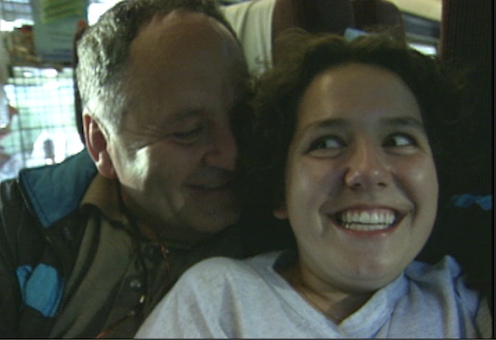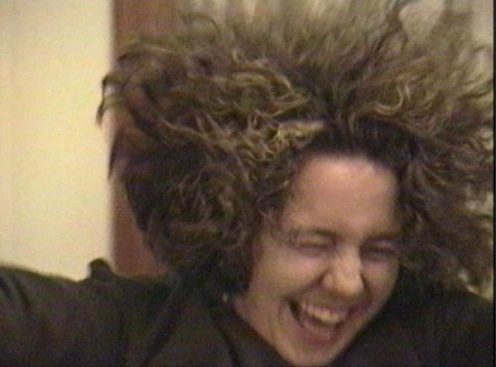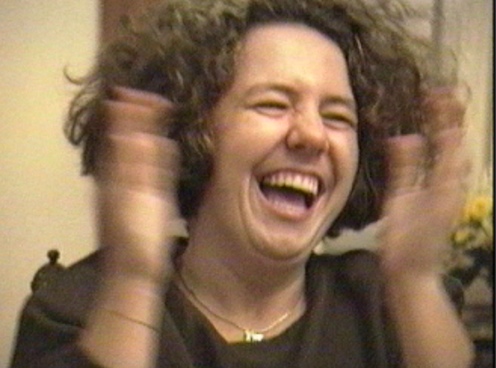Anya (in and out of focus)
Full Description
How would you like to have an unrelenting documentary filmmaker for a parent? Emmy-award winner Marian Marzynski is a doting father, and he loves his daughter Anya to within an inch of her life with the camera he hasn’t put down for 30 years.
At the outset, cute little Anya is a natural ham--it’s a match seemingly made in heaven, a home movie buff with a hilarious, rambunctious mini-star. But the arrangement sours as Anya matures and becomes aware that there is a life beyond camera range. Marzynski’s dilemma is that such tension makes for good cinema--but for familial tranquility, it’s not so good. Marzynski, a Polish Holocaust survivor, aches to record and give order to an archetypal upbringing he never experienced himself. But as much as he wants it all to come out perfect, to his credit he never blinks. However desperately Anya may want to draw the curtain, he stubbornly continues the narrative he can’t or won’t stop. And Anya doesn’t blink either. By the time she reaches adolescence, both have learned to use the camera (i.e., the audience) to exact judgment.
Of course, life gets more complicated as time goes on, and despite the tumult of their relationship, their tango continues. Through it all, the film is a test and a testament to love and honesty. But please--don’t try this at home.
Filmmaker Bio(s)
Marian Marzynski was born in Poland and survived the Holocaust as a Jewish child hidden by Christians. He has been making documentary films for almost 30 years, first in Poland, then in Denmark, and for the last 20 years in the United States. In Poland, during the '60s he was one of the pioneers of "cinema verite". Today, he is a major contributor of documentaries to such PBS series as The American Experience, NOVA and Frontline. Two of his other documentaries : Return to Poland (1982), and Jewish Mother (1984), dealt with the subject of Holocaust. The three hour long Shtetl, became Marian's "labour of love", the most important work of his career. He was a Guggenheim Fellow in 1982 and won two Emmy Awards for his documentaries. In 2004 he produced Ja, Gombro, for ARTE and the Polish Television.
Director(s)
Country(ies)
Language(s)
Release Year
Festival Year(s)
Running Time
93



